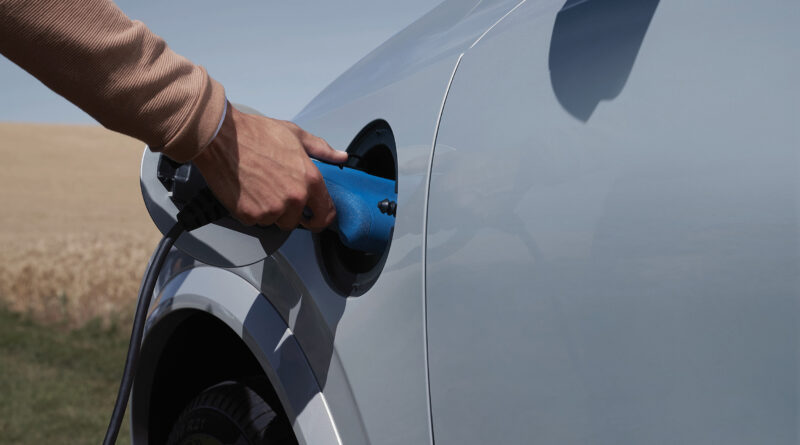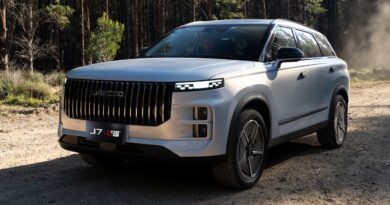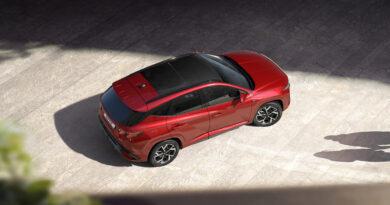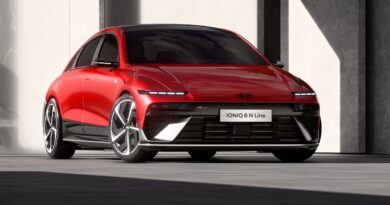Free charging, EVs to stabilise electricity grid: Volkswagen
Electric cars will play a key role in stabilising electricity grids moving forward and could even earn their owners money, according to Volkswagen chairman Herbert Diess.
In giving a speech titled “New Auto” that outlined the company’s bold EV-focused strategy for the coming decade Diess said EVs would effectively become part of the electricity supply chain, storing excess when it is created and providing electricity when demand is high.
“Electric cars will be part of the public electricity management,” said Diess during the speech, referring to vehicle-to-grid [V2G] capability increasingly being engineered for EVs.
READ MORE: Why rural Australians could lead the EV V2G charge
READ MORE: Nissan Leaf e+ goes up against Tesla Powerwall
“Serving as the relevant buffer to stablise grids and shaving the peaks of oversupply – several hundred hours per year in many grids worldwide – with the share of renewables increasing. A gigantic power bank for private homes, cities and entire regions.”
Diess said “cars will balance the renewables capacity”.
And it could end up being financially rewarding for those who can be flexible with when they charge their EVs.
“Customers will be compensated for this, which as a result, will make charging free of cost at certain hours.”
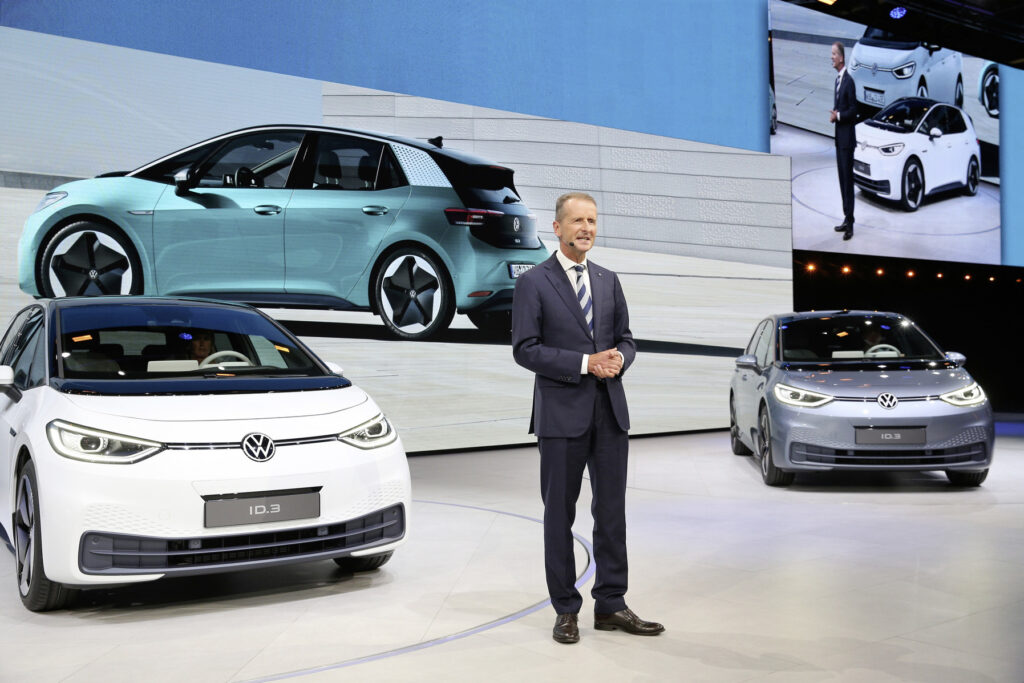
With the ability to sell power back into the grid during peak times, that means some owners could theoretically make money while their EVs are parked.
Such scenarios have already been talked about in Australia, although it would rely on giving consumers access to dynamic pricing.
Various trials are already under way locally.
ACT electricity provider ACTewAGL is currently involved in a trial with 51 Nissan Leafs.
And energy provider AGL late last year began testing smart chargers that could be used to integrate EVs into the electricity supply.
Currently there are only two cars on sale in Australia capable of V2G charging: the Nissan Leaf and Mitsubishi Outlander PHEV.
Both do so using a CHAdeMO plug that is not used by most EVs.
The more common Type 2 CCS combo plug can’t yet do bi-directional charging but the technology is being worked on.

